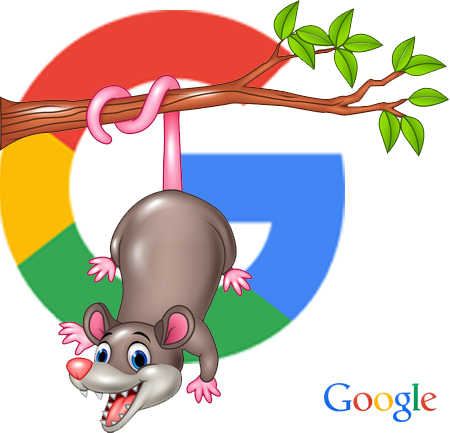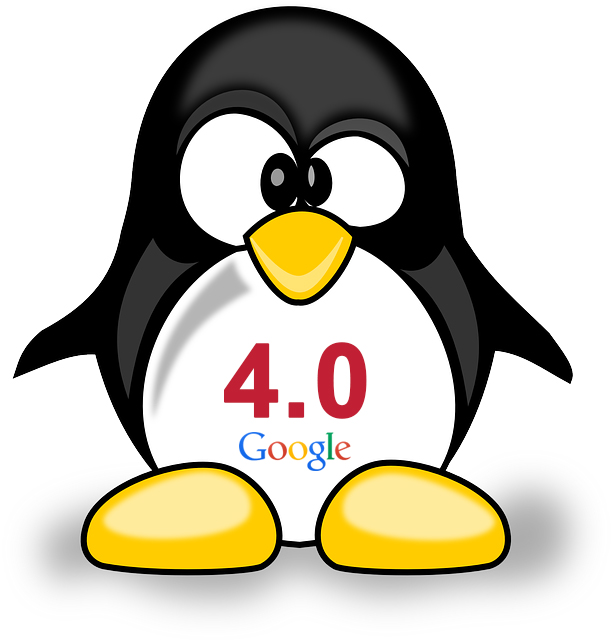Google Possum & Penguin 4.0 | Weboptim
In September, there were several changes to Google's algorithm. First, around September 1st, the Possum update and the results showed that both organic searches and local searches have changed significantly.
Secondly, Google has officially announced the Penguin 4.0 to start the algorithm.
Has our website been affected by these new Google updates?
What is the Possum update?
Possum is the unofficial name of the big changes to Google's local rankings that took place at the beginning of September 2016.
We should be aware that this update does not penalize websites, but uses filters to determine the list. In other words, Google is applying a new improvement to the local ranking algorithm.

What changes have been caused by the emergence of the possum?
1. The physical location of search engines (IP location) has become even more important in determining the ranking
Google seems to have become much more confident about collecting user data. This explains why precise physical location is becoming increasingly important in determining search results.
2. Firms that are physically located outside the city can achieve a better ranking than before
If you check the local search positions of your website and see an improvement, the Opossum update may be the reason. This is because the improvement is due to the fact that businesses outside the physical boundaries of the city are now treated by Google as if they were within the city.
In the past, if your company was not physically located in the city (only close to it) you were targeting, it was difficult to compete with companies in the central location. This is no longer the case.
3. Similar local businesses at the same address will be less visible in search results
Google has been filtering results to avoid similar companies using the same phone number or domain name, but now the filter also applies to physical addresses.
Say your company offers printing services and you share your physical address with a similar service provider. The bad news is that from now on, one of us won't be listed. Google doesn't like duplicate content in search results, and it's trying to do that now.
What can we do to convince Google that our listing is valuable and unique?
- Make information about your business as unique and up-to-date as possible
- Check your business description and proofread it from start to finish
- Add high quality images and video
- Encourage customers to write Google reviews
4. Local results may vary depending on the search query
If you haven't expanded your keyword list with localised queries (especially long-tail variations), now is the time to do so. For example, if users laptop shop Budapest and laptop shop Budapest 10. district may give slightly different results when searching for keywords.
Do we have to do something about it? If your company keeps its position in the local results, you just have to watch the fluctuations in position. But if we notice that the results are filtered, we should try to localise better - add the full city name, country name or postcode.
What do I need to know about the Google Penguin 4.0 update?
Applies to all websites without exception.

Is Penguin 4.0 completely out of date?
After Google officially announced the new Penguin algorithm, this question was on everyone's mind. According to Google, the update never runs completely out because it is a real-time update, which means that the signals are constantly updated. When Googlebot crawls and indexes the web, it always applies Penguin, byte by byte.
How is the new Penguin different from the old?
The most important thing is that now you can recover even faster from possible penalties. The new Penguin is a real-time algorithm, so if your site gets penalised for unnatural links, you don't have to wait years for Google to run another update.
Previously, Penguin had to be updated, but with this change, its data is updated in real time, so changes will be visible much faster after Google has recrawled and re-indexed the page.
Penguin is no longer a negative ranking factor for the whole website
No more website-level penalties, the Penguin has been transformed into a more subtle factor. So even if individual subpages get a penalty, the ranking for the rest of the website/page doesn't change.
The Penguin risks remain the same
There are no updates on any backlink factor. Penguin will check for sites that have one or more of the following:
- the links are from low quality spam sites
- the links come from sites purely dedicated to SEO link building
- the links come from irrelevant sites
- paid links
- links with over-optimised link text
Check if the introduction of Penguin 4.0 has had an impact on our site
A sudden drop in organic traffic could signal a Google Penguin penalty.
Let's run a Penguin audit!
Penguin used a number of factors to identify spam sites. Based on what Google says and what Penguin feedback shows, SEOs have a solid idea of what these factors are.
- Let's check the penalty factors: instead of looking at each factor individually, let's look at them together.
- Get rid of harmful links: Ideally, you can ask the webmaster of the linking site to remove spam links. In the ideal case, we can ask the webmaster to remove the spam links.
The best part is that if you have been penalised by the Penguin before and have made changes, those changes have been (or will soon be) acknowledged. The other side of the coin is that you have to be alert to potential penalties every time, because the Penguin can strike at any time.
Source: link-assistant.com